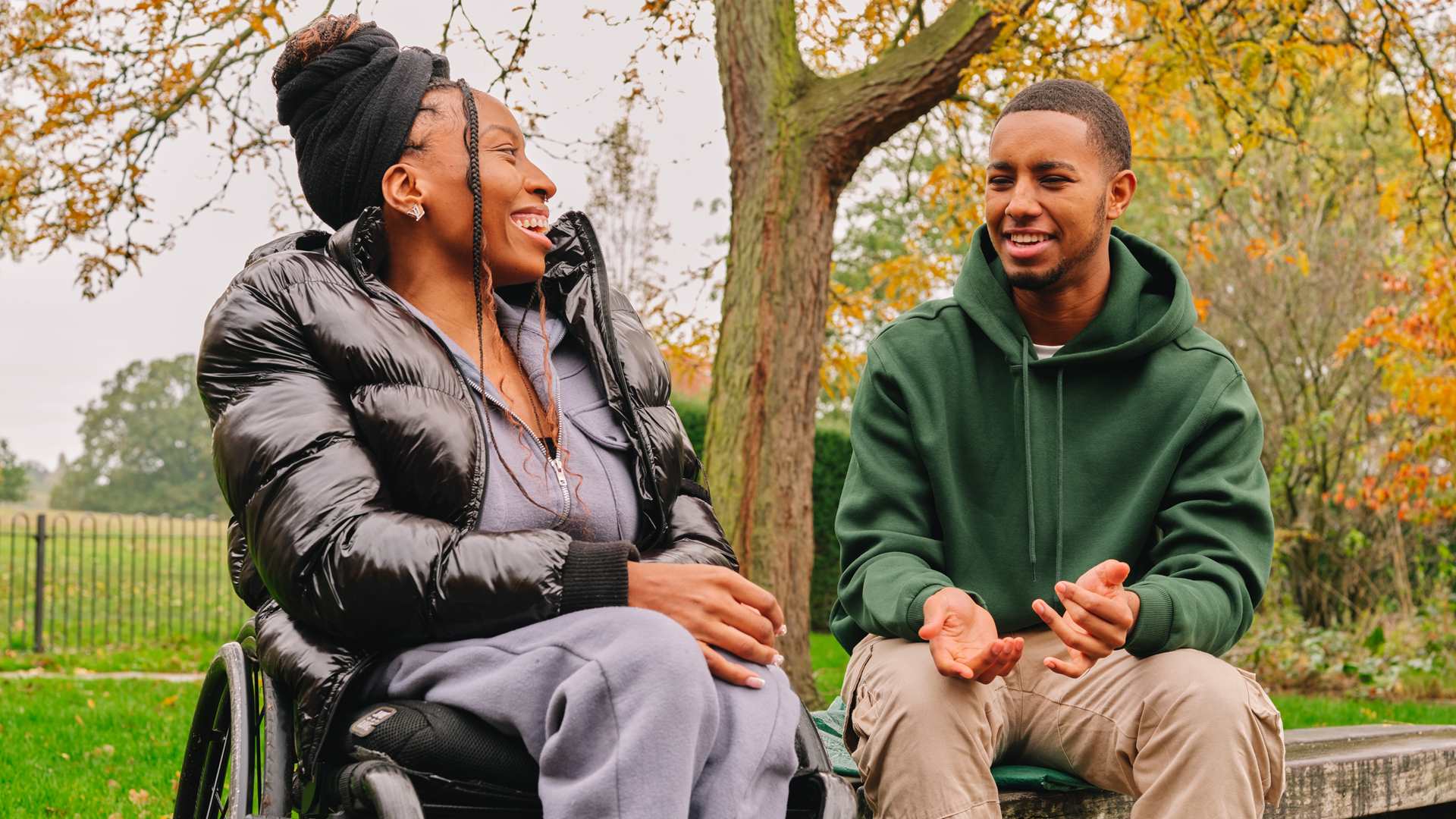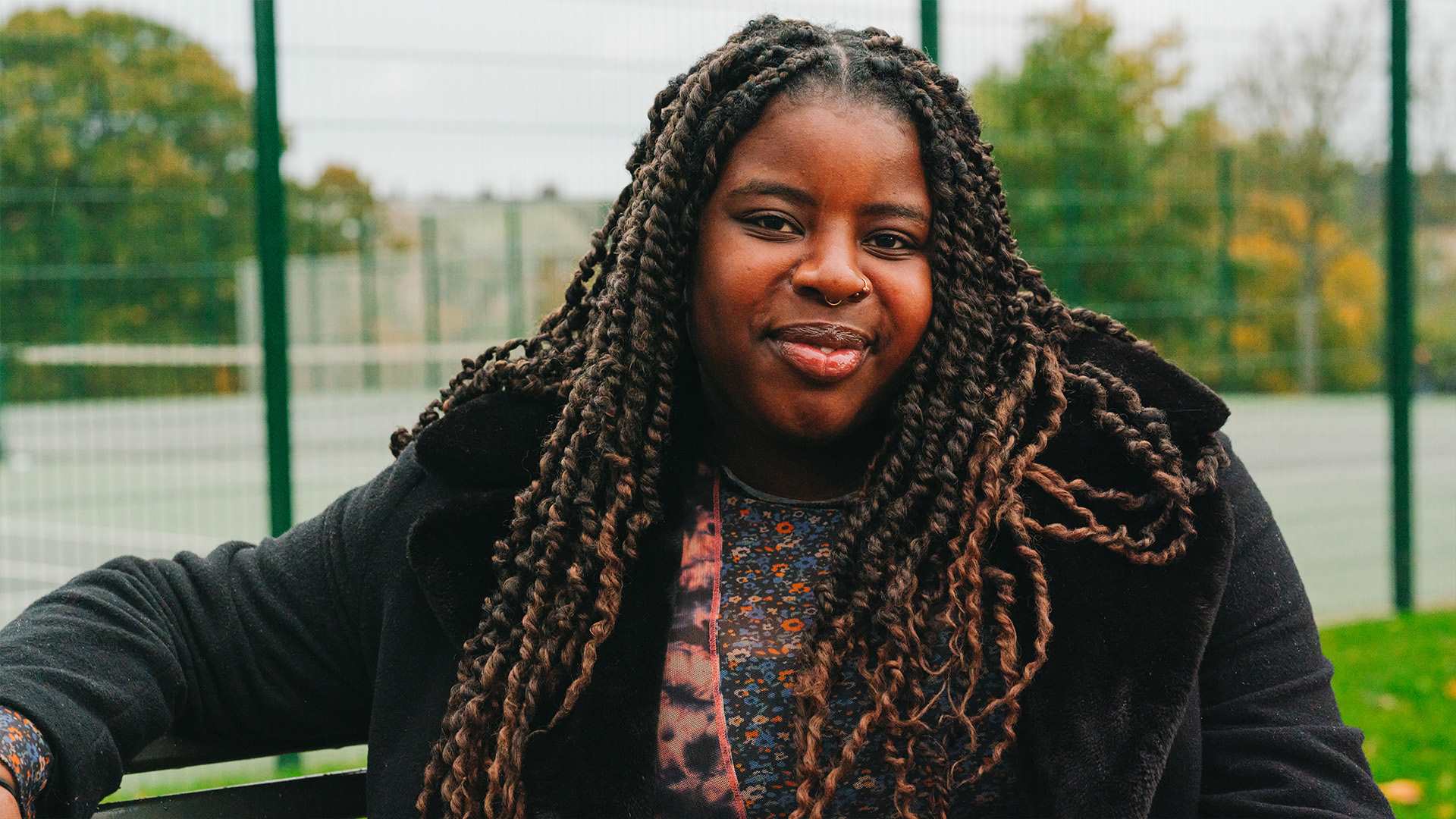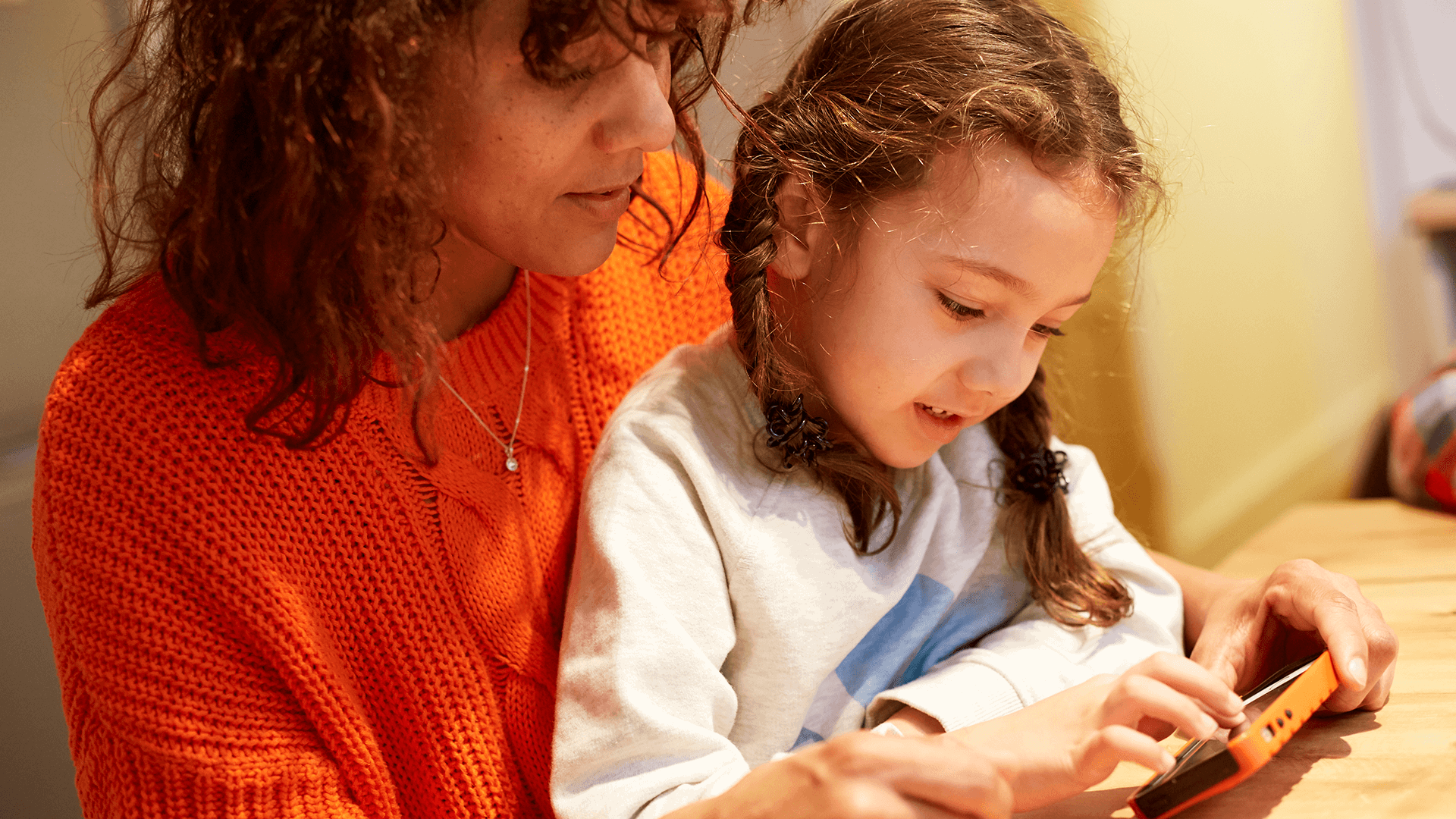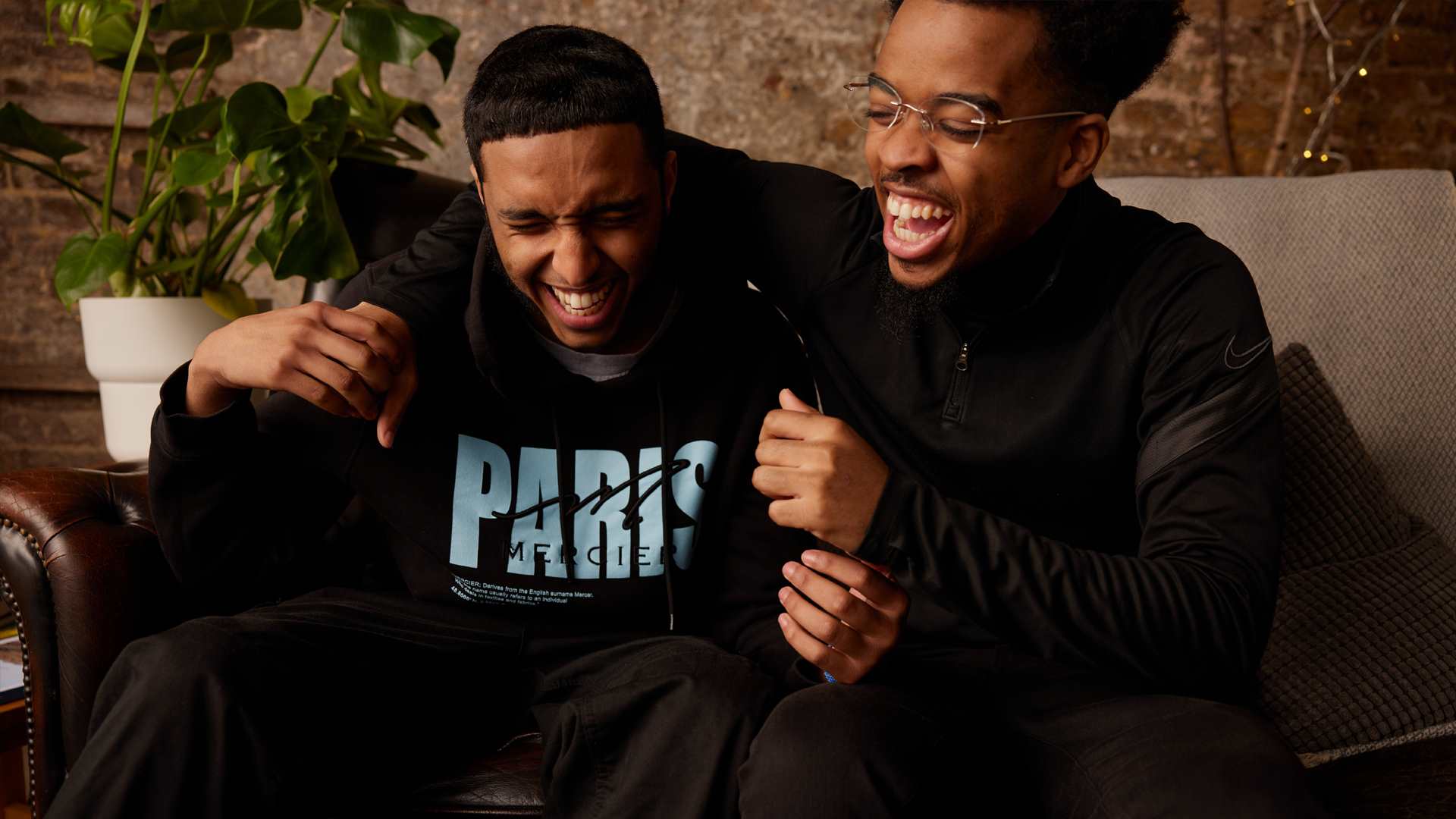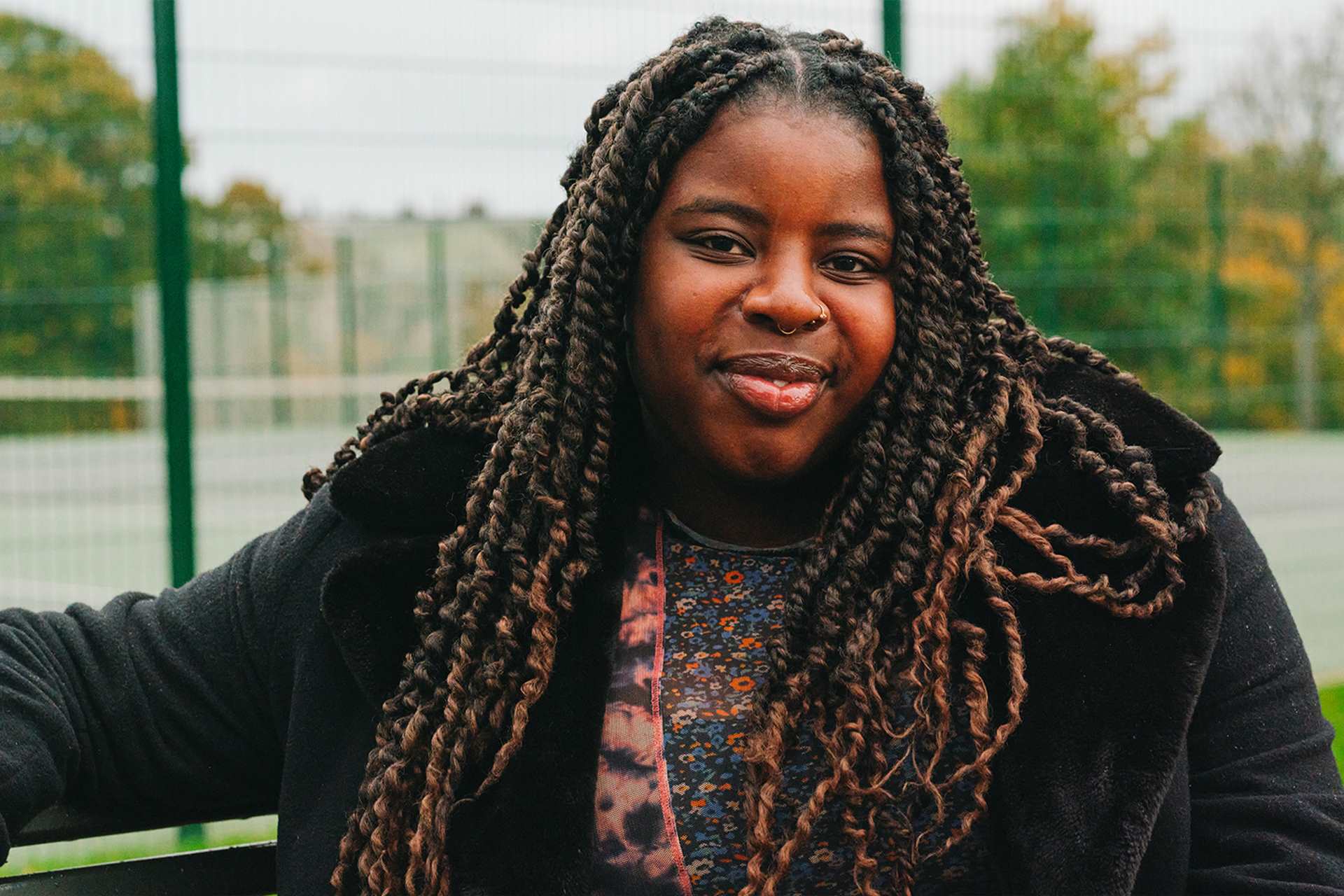ADHD in women
-
It used to be thought that women and girls were less likely to have ADHD than boys and men. But this isn’t true. They just often experience ADHD differently.
Signs of ADHD in women are more likely to be:
- struggling to relax or wind down
- finding decision making overwhelming
- spacing out when other people are talking
- finding social settings too much
There’s not a lot of research about ADHD for people who don’t identify as male or female. But whatever you’re going through, it’s valid. If you need support with your gender identity and mental health, we have advice to help you.
